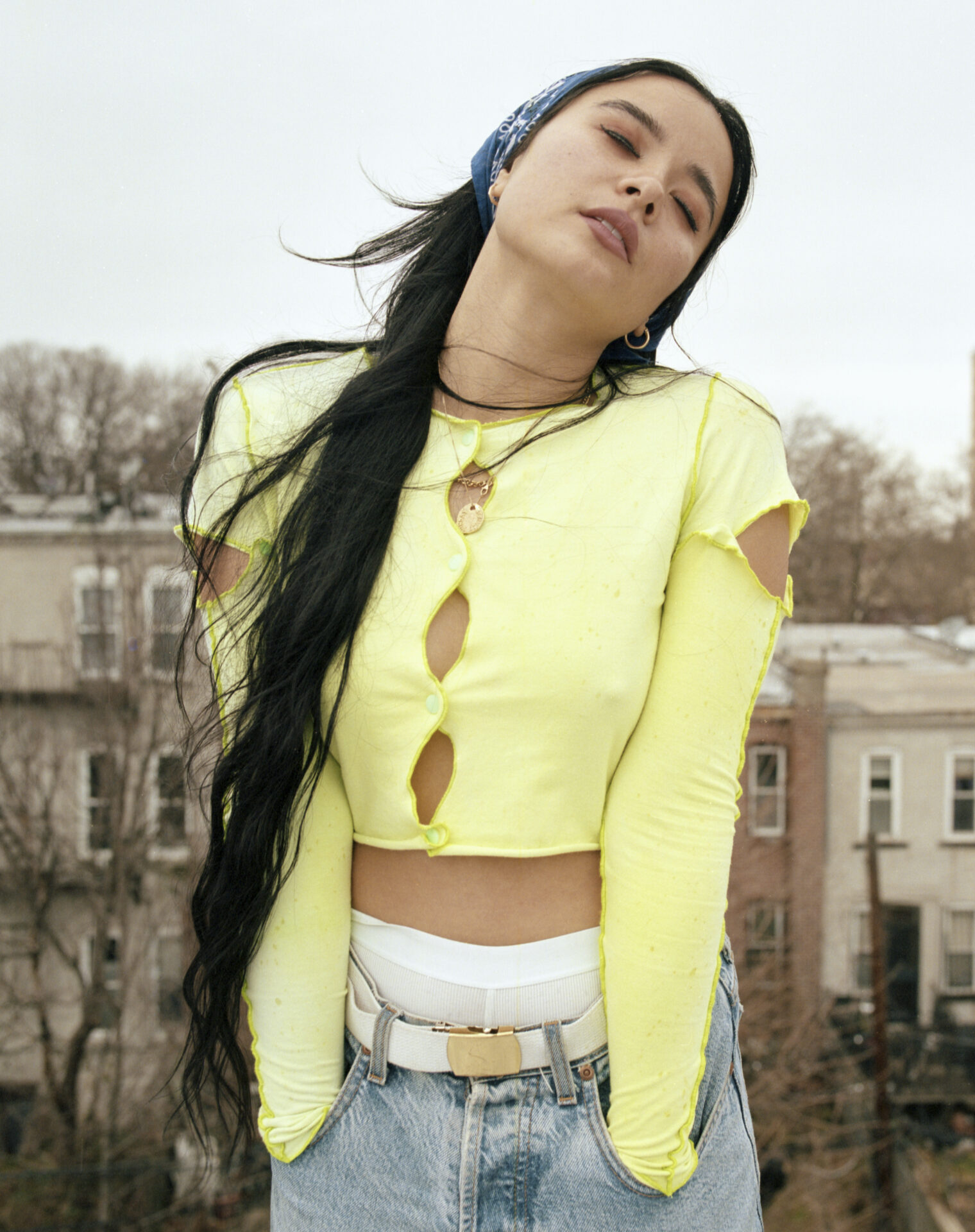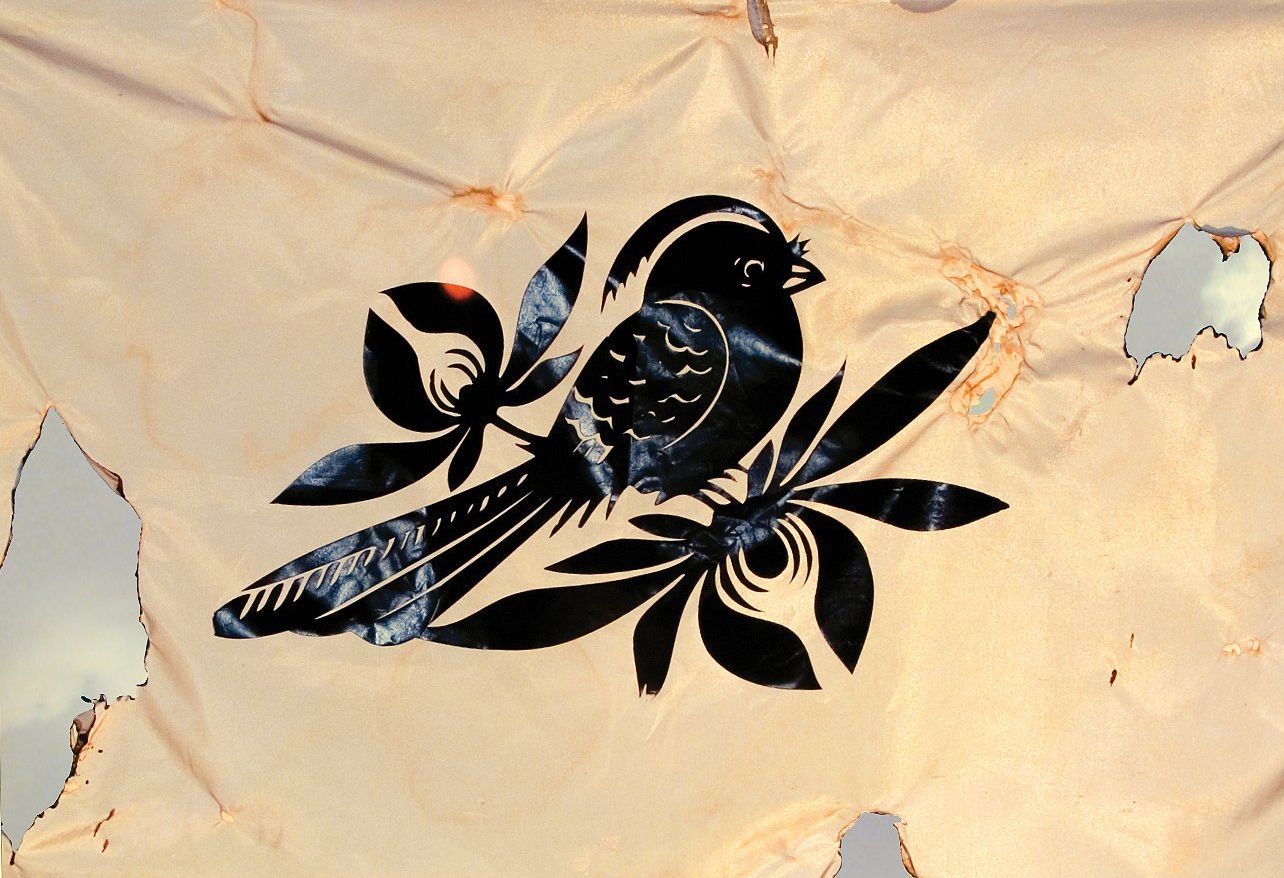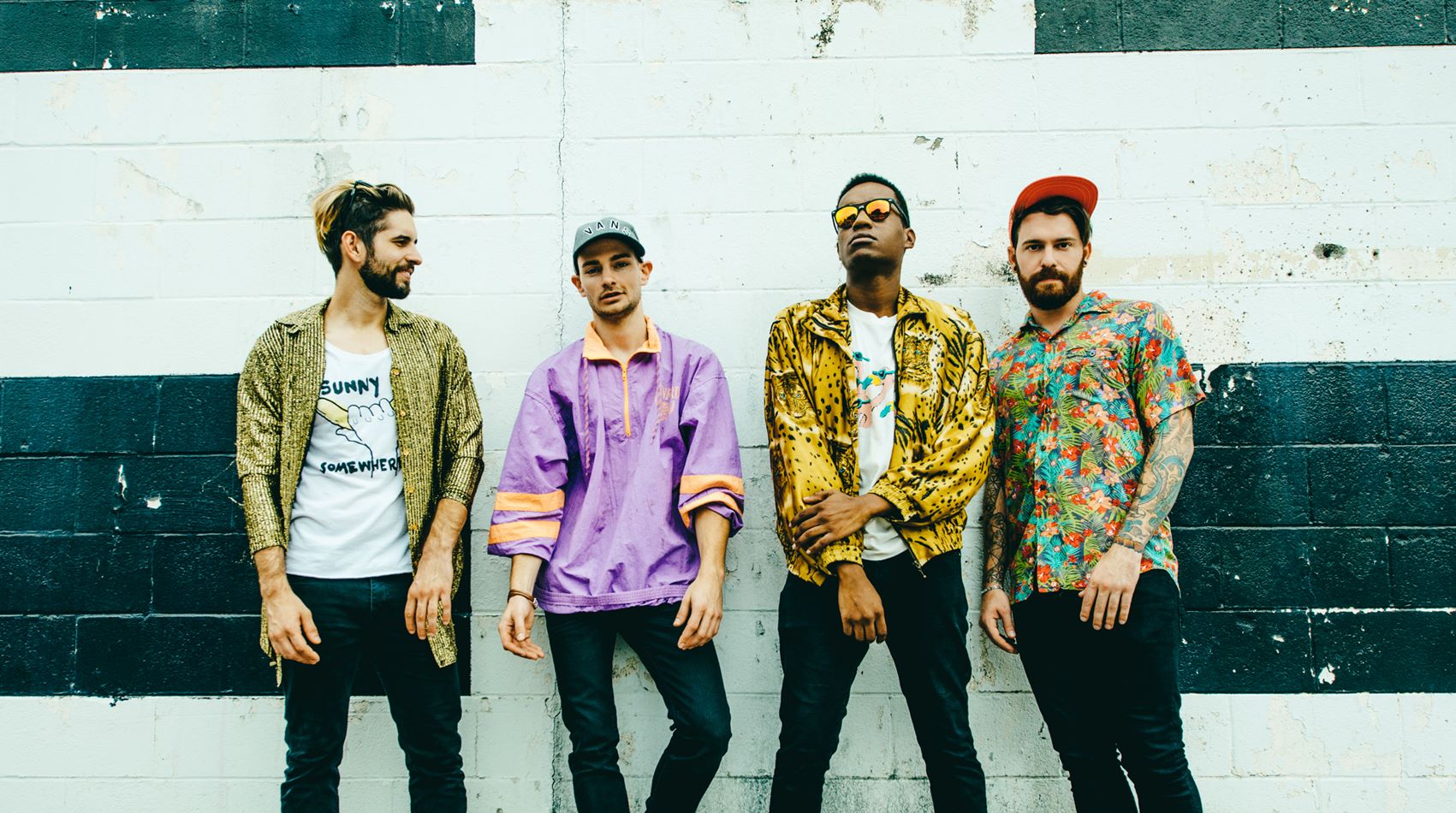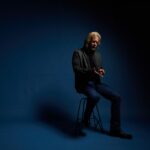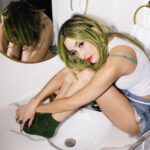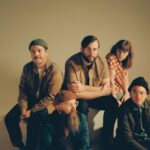As an artist, you want to make the right first impression. As the consumption of music grows with veracity by the day, you want to make something memorable. Something that catches people’s attention and stays there to peak their curiosity with each release. What if one day, you wake up and you decide that you need a change? It doesn’t have to be set off by a particular event or occurrence; you just get an urge to flip the switch. This is within trying to figure out who you are as an artist. Some processes of evolution are just abrupt. The Blossom, (a.k.a Lily Lizotte) was formerly known as Lila Gold.
As she readies her first EP, Buttercup which is also produced by her father, Mark Lizotte, she’s prepared to show the world the most intimate parts of herself. These six songs speak about things like depression, anxiety, and finding her own identity. Maybe Lila Gold will live to see another day, but for now, The Blossom is here to show the world what her own artistic experience means to her. I spoke to The Blossom as her first interview since her musical name change. We talked about her forthcoming EP, the inspiration behind her very artistic first video for ‘Kill My Mind,’ and also her reoccurring symbolism.
You recently decided to change your name from Lila Gold to The Blossom. I’ve interviewed other artists in the past who have done the same thing. Some have because it was an alter ego. Some did it because they needed a reset. What does this change mean to you, specifically?
To be honest, it’s not much deeper than what it is. I had a really slow day and was in my head a lot. That name just kept appearing to me. At that point, I felt like I had outgrown Lila Gold. I don’t feel like that anymore and I wanted something that didn’t feel like a title. I wanted something that was like unisex and didn’t have an agenda, you know? It just felt natural. So I just made that decision. It wasn’t something I really thought about for a long time, but it was something I thought about really deeply for a short time. So, I changed it.
It’s like a nickname that everything used to call you when you’re a kid. You get older and decide that it doesn’t fit anymore. It’s like shedding skin almost.
It didn’t feel like it was me anymore. Especially, because this EP is really the first time I’ve put out any of my songs as a full project. I was like, “you know what? I think I want to do it like this. I want to view it as The Blossom instead of Lilia Gold.” Maybe I’ll keep working on projects as Lilia Gold on the side, but I don’t know. It just felt like the right thing to do to me.
You just mentioned that the Buttercup EP is going to be the first collection of songs that you put out. How are you feeling about putting these songs out into the world?
I’m really nervous, but it feels really good to put something out that’s mine. It’s all mine. It feels super personal. I feel like I’m in full control of it. At the same time, I have no expectations. I’m just happy and excited to put it out. It feels like a W for me. It’s still super homegrown as well because I produced it alongside my dad, [Mark “Diesel” Lizotte]. He’s the main producer on this EP. It’s from my heart and my home. It also feels like humble beginnings, but I’m excited.
These tracks touch on a lot of things like heartbreak, depression, and how you came out of those emotions. You mentioned that this EP was produced by your dad alongside you. How did it feel making this very personal music alongside him and having him hear it?
I feel like that’s one of the reasons why we made this and why he helped me pull these songs together. Collaborating with him was really cathartic for both of us. There’s a lot of things that I’m discussing; like my exploration of my gender, my sexuality, anxiety, and depression. It’s a lot of growing pains. I think that the best way that he could support and connect with me about these things was through music. There was this unspoken healing for both of us.
You’re also apart of the Future Classic studio residency program. How do you balance that with making music or is it like one and the same?
Well, it’s like the same thing. It’s been going for like, two weeks now. It’s a lot of sessions and a lot of different people. It’s been great. I usually like to record sporadically. I take my time. I go all out in one session and then I chill and relax. Especially, since I used to record in all different places which is not consistent. With recording in this program, it’s super consistent. It’s like every day and night. Just full-on, but it’s been really beyond fulfilling, it’s like, it’s awesome. Future Classic is so good because they have such a community. They really are all about extending and growing that community. It’s really collaborative and I love that. It’s such a cool environment to be in.
With recording so frequent recently, have you found new ways it’s pushed you in a creative sense?
Yeah, definitely! I feel what I’m recording now sounds relative to the EP. However, it definitely sounds like I’ve elevated myself. That I’ve one-upped to myself. Now, I’m even more excited about looking ahead. After this EP comes out, I definitely want to release some singles.
The EP starts off with ‘Bedroom’ and I think it starts an interesting motif. Where in the ‘Kill My Mind’ video, you’re ending a lot of things, ‘Bedroom’ is where you’re escaping them.
I used to record in my bedroom. I’m really into inhabiting personal spaces. For me, my bedroom was a place of a lot of like pivotal moments that have happened in my life. It’s also where I’ve created a lot. To have so much that’s happened in that one space, you’re going to have a lot of intensity.
The video for ‘Kill My Mind’ explores the relationships you’ve had with other people’s bedrooms. In this case, ex-loved one. Yes, the bedroom is a very sacred and also moldable place. You could basically make it into anything that you want. It also holds a lot of secrets, too. With the concept of the video, how did it all come together into that artistic depiction of the song?
Natalie Falt directed it. My friend, Josh, who goes by the name Dance Lawyer is a movement artist. It was all of us all putting our heads together. I had discussed this thing about my relationship with my bedroom already. It was a no brainer. Just saying, “all right, yeah. Let’s have it in one place. Let’s really shoot and try to do a lot with one space.” We wanted to convey like the feeling inhabiting your bedroom. Living, breathing, crying, and laughing. Just feeling everything.
I also feel like when you’re young, you don’t have the whole world to explore. You’re kind of like in you’re own micro-world and everything happens in your bedroom. For me, I wanted to create that place of all these feelings, personalities and characteristics.
I’d want to do a big, fancy video. I said, “let’s just film me in a bedroom. Moving, dancing, and being a hyper accentuated version of myself.” I wanted to see how far can I push myself really break my ego down and express myself. It was really fun, but challenging at the same time. This is my first proper video and I really wanted to showcase myself as an artist.
In a couple of these songs, you mention driving away and that is also a symbolic occurrence within the Buttercup EP. It could both mean driving away from something that you no longer need. Also, it could be leaving something that you don’t want to leave behind as well.
There’s definitely symbolism that I use a lot, which are beds and driving. I always go back where I lay my head at night and where I wake up. With driving, it’s both what I’m running away from what and trying to get to all the time. Just those feelings that when you’re driving to see someone and having that excitement. Then, there are those feelings of when you’re driving away from someone or something and you have that ache in your belly. I think a lot when I drive. I’m in LA and I drive a lot everywhere.
You experiment in a lot of ways musically on this EP within the pop realm. Utilizing your voice in different ways and layers. Some synths and 808’s. Some of the songs feel like you’re in a dream. What were some of the influences you had around while you were recording these songs?
I have a whole lot of musical influences. I’d hope to be pretty genre-less. I listened to a lot of hip-hop and trap stuff. I listened to a lot of shoegaze, indie, and blues as well. I’m listening to a lot of Young Thug, Lil’ Baby, and Greedo. I love Alex G. My playlist is all over the place.
With everything you talked about in the Buttercup EP, ‘Wish You Well’ seems like a middle finger to all the bad things. It’s fitting that it’s the last song. It’s you saying goodbye to all the bad experiences, insecurities, and situations in this phase of your life.
You know, I just added that song like recently to the EP. I felt like it was the missing piece. I needed this because it felt quite emotional and very, I mean, it should always be emotional. The things that you make should always have some sort of emotional honesty in it, I think. The Buttercup EP felt like it needed that track. So, I chucked that in there and it kind of balanced it out and it felt good.

